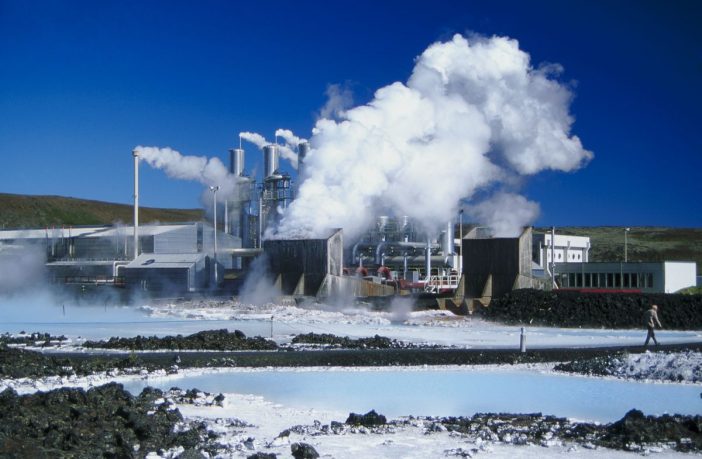- IRENA has released a report highlighting the benefits of geothermal potential in the agri-food sector.
- Geothermal energy can serve as a sustainable and effective energy source for food production by heating greenhouses and aquaculture ponds.
- The report describes countries like Kenya which has a long tradition of geothermal power, capitalising on the many applications geothermal energy offers.
A recent IRENA publication, Accelerating geothermal heat adoption in the agri-food sector: Key lessons and recommendations, highlights that while geothermal energy is predominantly known for power generation and district heating, it can serve as a sustainable and effective energy source for food production by heating greenhouses and aquaculture ponds.
Geothermal energy can also be used to minimise post-harvest losses by drying and refrigerating food.
In addition to boosting food security, geothermal energy in the agri-food sector can reduce fossil fuel dependencies, exposure to volatile prices, and harmful emissions. The publication suggests that several geothermal applications in food processing and agriculture require low temperatures and can therefore be deployed in areas where the geothermal resources would not be suitable for power generation.
Global geothermal potential remains untapped, however. Today, its total installed capacity in power generation stands at around 14 gigawatts (GW) of electricity — a figure that rises to 70 GW when including geothermal heat use. Yet the potential worldwide remains largely untapped.
The report describes countries like Kenya which has a long tradition of geothermal power, capitalising on the many applications geothermal energy offers. Recently the country installed new pilot projects for greenhouse heating, milk pasteurisation, and aquaculture pond heating, and further potential has been identified for meat, milk, and honey processing, as well as for post-harvest crop preservation and storage.
Author: Bryan Groenendaal
Source: IRENA











